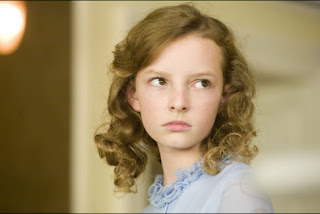
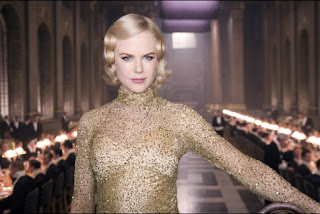
The improbable journey of a once comfortable grandmother who formerly thought there weren't many surprises left for her in life.


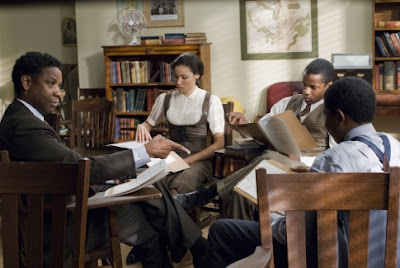 The Great Debaters: ***
The Great Debaters: ***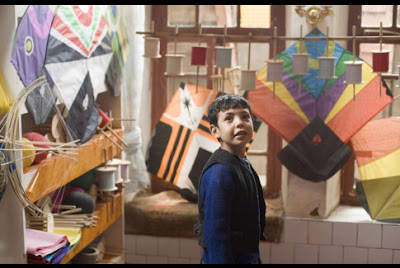 The Kite Runner: ***1/2
The Kite Runner: ***1/2I expected to be disappointed in this movie. Like many, many others, I've read the book -- actually, I've raced through the book, compelled by the author's haunting narrative. I found the "return to Afghanistan" section a bit contrived, but I forgave it for the realistic ending which refrained from "and everyone lived happily ever after." I'm certainly not one of those who demands that the screen translate a beloved novel without plot or character detours. I fully accept that the medium of film dictates the delivery of a story and sometimes necessitates changes. I often think of Being There, a novel by Jerzy Kosinski, in which the author set out to demonize media culture in a rather heavy-handed way. It's an OK book. Translated to film and starring Peter Sellars, the satire and media critique are just as evident but much more subtle. Minor plot changes assist in making the film the masterpiece that it is.Kite Runner is not Being
There, but it is a fine example of a book translated well to film. Readers of the book who demand adherence to plot and character in film interpretations will not be disappointed. The makers of the film made the courageous and appropriate choice to shoot much of it in foreign languages; specifically, Dari, Pashtu, Urdu, and Russian. Courageous because the decision will probably keep subtitle-phobic American film goers away from Kite Runner. The use of the other languages, however, beautifully underscores the sense of loss that Amir suffers on many levels after the abrupt end of his childhood and his displacement to the United States.
The movie focuses on sin, guilt, atonement, and redemption from the perspective of a Muslim child and, later, the Muslim adult. Even though Baba, Amir's father, knows nothing of Amir's great sin, he knows enough of his son to view him sadly with disappointment. Amir returns to Afghanistan to atone for his sins for his father's sake as much as for the sake of his beloved Hassan. Like the author of the book, the movie makers refrained from manufacturing a happy ending. Instead, they left room for hope and healing -- much more realistic given the circumstance's of the story. The story reminds us that we are all called to care for one another and that, sometimes, it may be necessary for us to risk our lives to protect those we must love. It also shows us that, even when we give all we can for another, we cannot guarantee or control the outcome for that person. So much is left up to God and to the person him or herself.

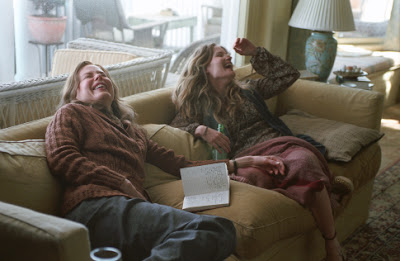 Margot at the Wedding ***
Margot at the Wedding *** 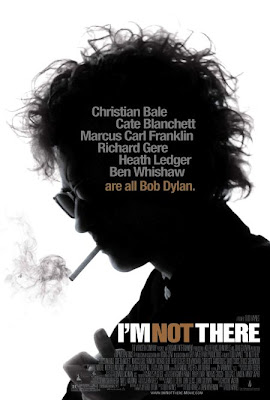
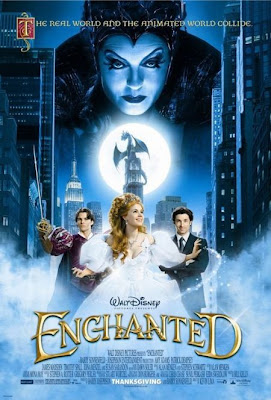
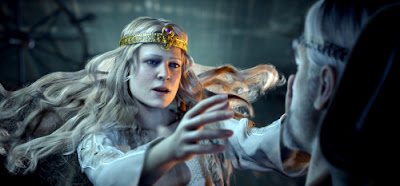 Beowulf ***1/2
Beowulf ***1/2










